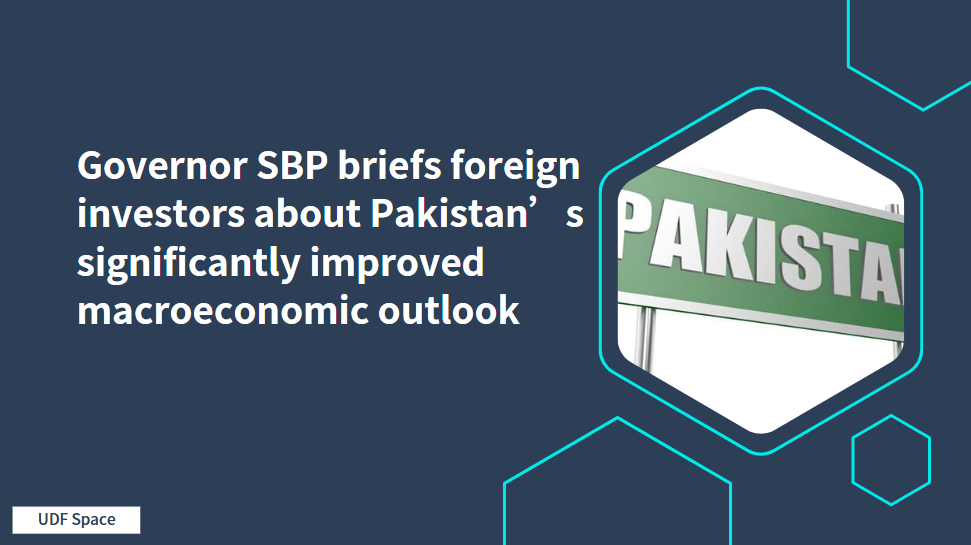Bank of China Serbia Launches RMB Clearing Services with Successful First Transaction
On June 3rd, the Bank of China (BOC) Serbia, the authorized clearing bank for renminbi (RMB) business in Serbia, officially launched its RMB clearing services. The bank successfully conducted its first cross-border RMB remittance business, marking a significant milestone in Sino-Serbian financial cooperation.
The inaugural RMB remittance, valued at approximately 2 million yuan (about 281,349 U.S. dollars), was facilitated for a Serbia-based steel plant affiliated with the HBIS Group, one of the world's largest steelmakers headquartered in Hebei Province, China. This transaction underscores the bank's capability to provide high-quality and efficient RMB clearing services, supporting bilateral economic and trade collaboration between China and Serbia.
The establishment of BOC Serbia dates back to 2017, making it the first Chinese financial institution to operate in the Balkan region and the only one in Serbia. Since its inception, BOC Serbia has been dedicated to fostering the local RMB market, acting as the principal bank for RMB business in the country. In December 2023, the People's Bank of China (PBOC) authorized BOC Serbia to be the clearing bank for RMB business in Serbia, a strategic move aimed at enhancing the financial infrastructure supporting bilateral trade.
On May 8th, the RMB clearing bank was officially inaugurated in a ceremony held in Belgrade, the capital of Serbia. Shortly thereafter, on May 28th, BOC Serbia was approved as a direct participant in the Cross-border Interbank Payment System (CIPS), enabling more streamlined and efficient cross-border RMB transactions.
Globally, BOC has been at the forefront of promoting RMB internationalization. In 2023, BOC processed cross-border RMB clearing transactions amounting to over 938 trillion yuan, maintaining its position as a global leader in this sector. Currently, BOC operates 15 RMB clearing banks worldwide, with 39 institutions directly participating in CIPS and 665 financial institutions indirectly involved through BOC's network.
Looking ahead, BOC is committed to delivering high-quality services to its clients in China and Serbia. The bank aims to enhance Serbia's strategic position as a key hub along the Eurasian corridor, facilitating greater economic and trade exchanges between the two nations. BOC's efforts will further support the use of RMB in bilateral trade and investment, reinforcing its role as a crucial financial bridge and contributing to the deepening of the comprehensive strategic partnership between China and Serbia.
Understanding the Cross-border Interbank Payment System (CIPS)
The Cross-border Interbank Payment System (CIPS) is a wholesale payment system approved by the People's Bank of China (PBOC) specifically for RMB cross-border payments. CIPS aims to provide secure, efficient, convenient, and low-cost clearing and settlement services, serving as a cornerstone of China's financial market infrastructure. It plays a pivotal role in supporting the development of the Shanghai International Financial Center, promoting the two-way opening of the financial industry, enhancing the financial services for the real economy, facilitating the Belt and Road Initiative's financial connectivity, and advancing the internationalization of the RMB.
With the growing demand for cross-border RMB usage, various policies have been introduced to expand the scale of RMB business. To meet these needs, the PBOC initiated the construction of CIPS (Phase 1) in 2012. The project received significant attention from the Chinese government, with Premier Li Keqiang highlighting the importance of accelerating CIPS construction in his 2015 government work report. By October 8, 2015, CIPS (Phase 1) was successfully launched, with 19 direct participants and 176 indirect participants spanning 50 countries and regions across six continents.
The successful operation of CIPS marks a milestone in China's financial infrastructure development, ensuring the integration of domestic and international RMB payment systems. It significantly contributes to the RMB's role as a major global payment currency and its inclusion in the Special Drawing Rights (SDR) basket of currencies.






















































First, please LoginComment After ~